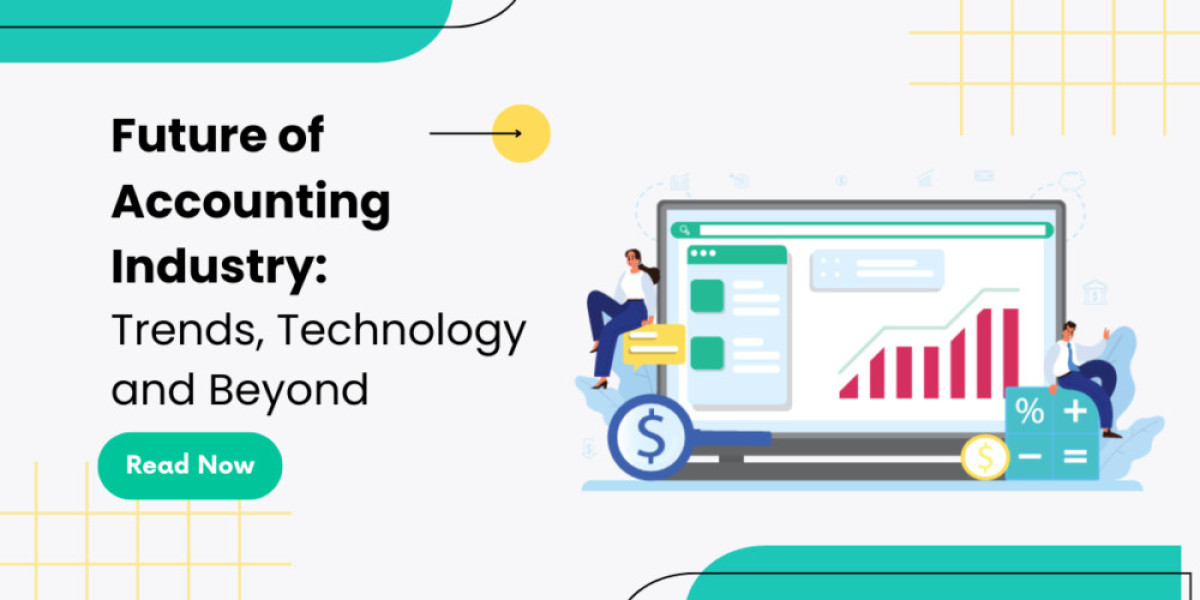Automation and AI: Revolutionizing Accounting Tasks
Automation is taking over repetitive, time-consuming tasks in the accounting world. Whether it’s bookkeeping, invoicing, or data entry, AI and robotic process automation (RPA) are streamlining operations, giving accountants more time to focus on strategic, high-level activities. These advancements are enabling firms to manage increasing workloads while addressing the shortage of qualified professionals, especially in the U.S., where over 300,000 accountants left their jobs between 2019 and 2021.
AI isn't just about speed; it’s also improving accuracy and efficiency. Accountants now manage far more transactions per year, and as AI technology improves, their productivity and output will continue to grow. This shift will make accounting more cost-efficient and allow firms to provide deeper financial insights, fostering stronger client relationships.
The Rise of Advisory Services
As automation takes care of basic tasks, accountants are increasingly stepping into advisory roles. Today’s clients expect more than just numbers—they want financial strategy, insights into business growth, and help navigating complex financial planning. As a result, accounting firms are focusing on expanding their advisory services, offering expertise in tax planning, regulatory compliance, risk management, and complex financial forecasting.
By shifting towards advisory, accounting firms can unlock new revenue streams and enhance their value to clients, positioning themselves as indispensable business partners rather than mere service providers.
A Changing Work Environment
Remote and hybrid work models are becoming the norm in the accounting profession. Cloud-based software, video conferencing tools, and other digital platforms are making it easier for accounting professionals to collaborate, no matter where they are. This flexibility not only attracts top talent from a wider pool but also enables firms to reduce overhead costs.
For employees, working remotely or with flexible hours allows for a better work-life balance, contributing to improved job satisfaction. This shift in how accounting work is structured could also make the profession more appealing to younger generations, particularly Gen Z, who prioritize flexibility and purpose in their careers.
The Growing Importance of Cybersecurity
As more financial data moves to the cloud and digital tools take over, cybersecurity is becoming a top priority. Cyberattacks, particularly phishing scams targeting accounting firms, have become a significant threat. Protecting client data is no longer optional—accounting firms must adopt robust security measures and stay ahead of evolving cyber threats to ensure the safety of sensitive financial information.
Rebranding the Accounting Profession
Accounting’s reputation has long been tied to long hours, rigid structures, and a conservative mindset. However, to attract younger talent, the profession must rebrand itself. Efforts such as the AICPA’s Pipeline Acceleration Plan aim to demonstrate the flexibility, stability, and impact that a career in accounting can offer. Highlighting the diverse career paths within the profession and showcasing the role of accountants as trusted advisors will be key to revitalizing the industry and appealing to the next generation of professionals.
Private Equity and Firm Consolidation
Private equity (PE) investors are increasingly targeting accounting firms, looking to consolidate smaller firms into larger, more competitive entities. This trend is creating opportunities for growth and innovation, as PE involvement provides accounting firms with the resources needed to scale operations, improve efficiency, and tackle bigger challenges.
The Need for Continuous Upskilling
With the pace of technological advancements and regulatory changes, it’s crucial for accountants to stay current by continuously upskilling. Certifications, industry conferences, and online courses are essential for keeping knowledge fresh and staying ahead of the competition. The more adaptable an accountant is, the better equipped they’ll be to tackle new challenges and provide strategic value to their clients.
Conclusion: Embrace the Future of Accounting
The future of accounting is bright for those who embrace change. By leveraging automation, focusing on advisory services, and adapting to new work models, firms can position themselves for success. The profession is also evolving to address challenges like talent shortages, burnout, and cybersecurity risks. Accounting professionals must stay committed to continuous learning and remain open to new technologies to ensure they thrive in this rapidly changing landscape.
Discover how offshore tax preparation can transform your firm’s workflow; Schedule a call now!








